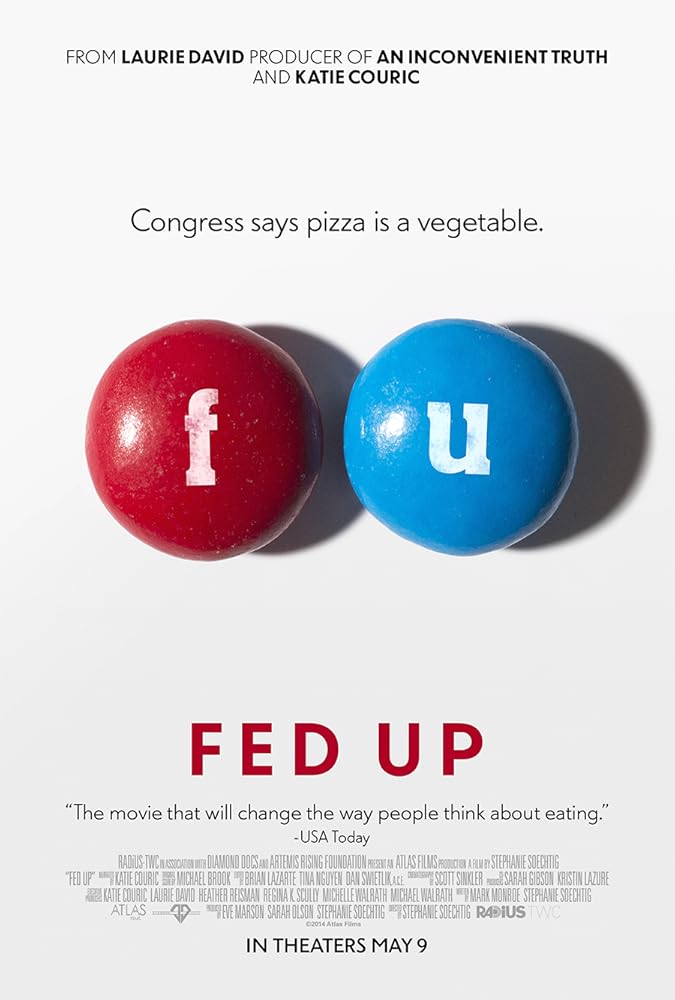 PS to “Ingredients – Who’s Your Farmer?” on 21February2016
PS to “Ingredients – Who’s Your Farmer?” on 21February2016
I might – scratch that, WOULD – also add “Fed Up” to this list. Something about the style of delivery in this documentary strikes me as ‘commercial’, regardless I still found thought provoking.
(NOTE – This started as a small PS and grew as I found more & more important things to share.)
The more I watch this documentary the more I come to believe it is important. As I watch, I find myself additionally reflecting on what I (too) have done with my WIBC products. A big part of this video focuses on sugar and processed foods. Let’s be very clear about a few things with respects to my company & products:
- WIBC is (presently) licensed as a Food Processing Plant (emphasis added). I understand this as a general purpose title given by the Washington State Department of Agriculture. When the name of this license is put beside the term “processed foods” it may give the suggestion that what WIBC makes is ‘processed’. I didn’t choose the title of the license, and this assumption or confusion should not be made.
- I consider WIBC to be a part of the Local Food or Real Food movement. I did not set out to do this, it is merely that how I make food falls within this idea. I make baked goods like a person would at home, just on a commercial scale. In frank terms, if you look at a food product ingredient label and read ingredients you have at home (eggs, butter, sugar, flour, etc) then you are essentially holding real food; if the ingredients read like a cross between Greek, Pig Latin, and Medical Terminology in unpronounceable syllables, then you’re dealing with a processed food (substance of some sort).
- WIBC products do include various sugars. I have never denied this, I have never hidden it in any way – in fact, my ingredients have been a part of my company’s transparency and I have very gladly talked about the ingredients used in my products. To this end, the sugars used in my products comprise of white and brown sugar; other sugars come from fruit juice, molasses, white and chocolate chips, and M&Ms (unless there are any other ingredients I am not thinking of off the top of my head). When you read the ingredients of a product that include these, (I suggest that) the only one that may not read so straight-forward is one that includes M&Ms. The not-so-pronounceable ingredients to these are preservatives in the M&M food colouring. Further …
- What WIBC (AKA I) does not add to its products are stand-alone ingredients you cannot pronounce, strange flavour enhancers, or dubious preservatives. As said, I make baked goods like a person would at home. As a result my baked goods have a short shelf life & are meant to be consumed soon after preparation, and should be considered ‘Real Food’.
- Maybe if you can’t pronounce something on a food ingredient label, don’t eat it. If you ask a company that produces & markets food items, and they won’t talk with you or all they give you is prepared spin, maybe don’t eat what they’re offering. If you do ask a food company about their products and their ingredients and they’re happy to talk with you about them and speak in straight-forward terms, and you understand and believe in their ingredients, that’s probably a better bet. If you go to a grocery store or a farmers market and you know that a vegetable is a vegetable, an egg is an egg, and a loaf of bread is a loaf of bread (etc), then it’s probably a much better bet.
Well, it seems this is a pretty important PS for me.
One thought on “Fed Up”